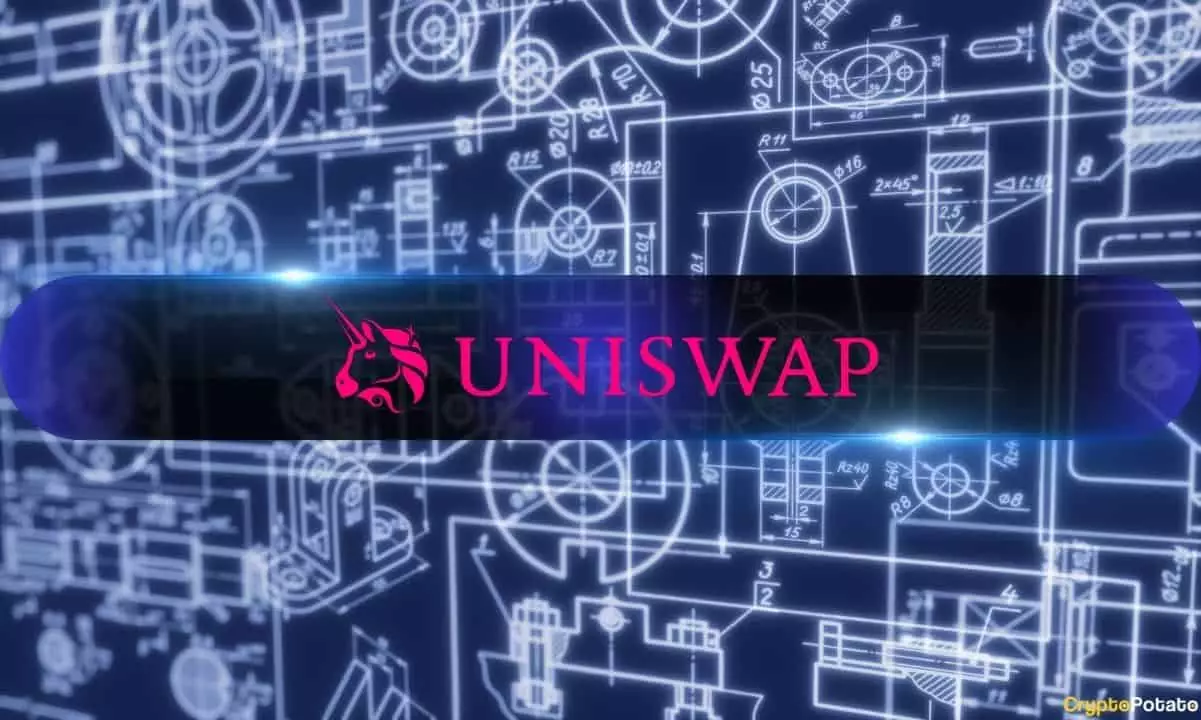In a bold move to enhance decentralized finance (DeFi), Uniswap announced on February 11th the launch of Unichain, its first Ethereum layer-2 (L2) solution. This initiative is significant as it not only marks Uniswap’s entry into a competitive landscape of layer-2 technologies but also aims to address longstanding challenges in the Ethereum ecosystem, such as high fees and slow transaction speeds. The launch promises improved performance and user experience directly from the familiar Uniswap web interface and its updated wallet application.
Unichain comes loaded with several features aimed at optimizing transaction processing. Designed to achieve block times as low as one second, with targets approaching 250 milliseconds, Unichain is expected to enhance the speed with which users can execute trades, provide liquidity, and transfer assets. These improvements are crucial for a platform aspiring to facilitate high-frequency trading in the DeFi space. Notably, the testnet, which was launched in October, has already seen an impressive 88 million test transactions and 12 million smart contracts executed. This indicates a robust testing phase and lays the groundwork for future stability as the platform transitions into a live environment.
Hayden Adams, the Founder and CEO of Uniswap Labs, emphasized a core philosophy behind Unichain: achieving a decentralized, permissionless ecosystem from the outset. This ambitious vision aims to make DeFi faster, more affordable, and accessible, thus appealing to a broader audience of both developers and traders. Furthermore, with functionalities ranging from swapping and liquidity provision to lending services and cross-chain trading capabilities through the ERC-7683 standard, Unichain has positioned itself as a comprehensive platform within the layer-2 arena.
A centerpiece of Unichain’s strategy is its commitment to decentralization. The platform is set to introduce a Validation Network later in the year, which aims to empower users to validate blocks. This structure is vital, as it allows for greater transparency and community involvement in maintaining the integrity of the network. By emphasizing its status as the first L2 to launch as a Stage 1 rollup, Unichain underlines its dedication to decentralized governance and operational structures right from its inception.
Unlike many of its competitors, Unichain has launched without interface fees for swaps during its initial months, providing an incentive for early adopters while also integrating native USDC through Circle for enhanced usability. Its cost structure is particularly attractive, boasting gas fees that are reported to be 95% cheaper than transactions on Ethereum’s mainnet. This feature could be a game-changer for individuals and institutions looking to engage with DeFi without incurring prohibitive costs.
Despite Unichain’s promising features and projected benefits, it enters a crowded layer-2 market where competition is fierce among established players like Arbitrum and Base. As per data from L2beat, the total value locked (TVL) in the layer-2 ecosystem is approximately $42.3 billion, with Arbitrum One holding the largest market share at 38%. The fact that the L2 ecosystem lists around 60 rollup-based networks amplifies the challenge ahead for Unichain, necessitating a unique value proposition to draw users away from their entrenched platforms.
Furthermore, this launch arrives amid a challenging landscape for DeFi assets. As reflected in the market’s current state, Uniswap’s native token (UNI) has faced significant price pressure, dropping 30% over the past month alone and more than 80% since its all-time high in May 2021. The reaction, or lack thereof, from the market has raised questions about how effectively Unichain will be able to influence the token’s value and restore investor confidence.
Uniswap’s introduction of Unichain is a significant step forward in the pursuit of faster, cheaper, and more decentralized finance solutions. Although it enters a competitive market bound by established players, its innovative features and commitment to decentralization present a strong case for its potential success. As the DeFi landscape continues to evolve, Unichain may well become an essential player, transforming how users interact with blockchain technologies—provided it can navigate the complexities of competition and market sentiment effectively.
















Leave a Reply